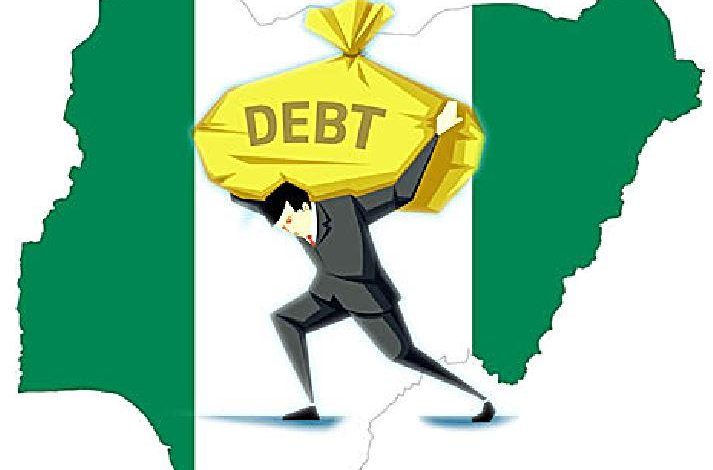
Recent data proves that of N4.26 trillion total revenue earmarked for financing the 2022 budget in the first three quarters, debt serving gulped nothing less than N4.23 trillion.
As contained in the budget performance report prepared by the Office of the Accountant General of the Federation (OAGF) and the Budget Office, this figure has raised Nigeria’s debt service to revenue ratio to 99.2%, which happens to be the highest the country would record for a similar time horizon.
The figure is close to 10 percentage points higher than the estimated 80.6% reflected in the 2023 budget document.
The OAGF’s report reveals that the government had spent N5.24 trillion servicing its debt obligations to different local and international creditors.
It was reliably gathered that during the first four months of the year, the debt service to income ratio was more than 100%; however, the spike was cancelled.
Recall that Shubham Chaudhuri, the country director of the World Bank, had warned that unless radical reforms are effected, the proportion of government’s revenue going into debt service cost would continue to trend upward in the next five years and even rise to 160% in 2027.
